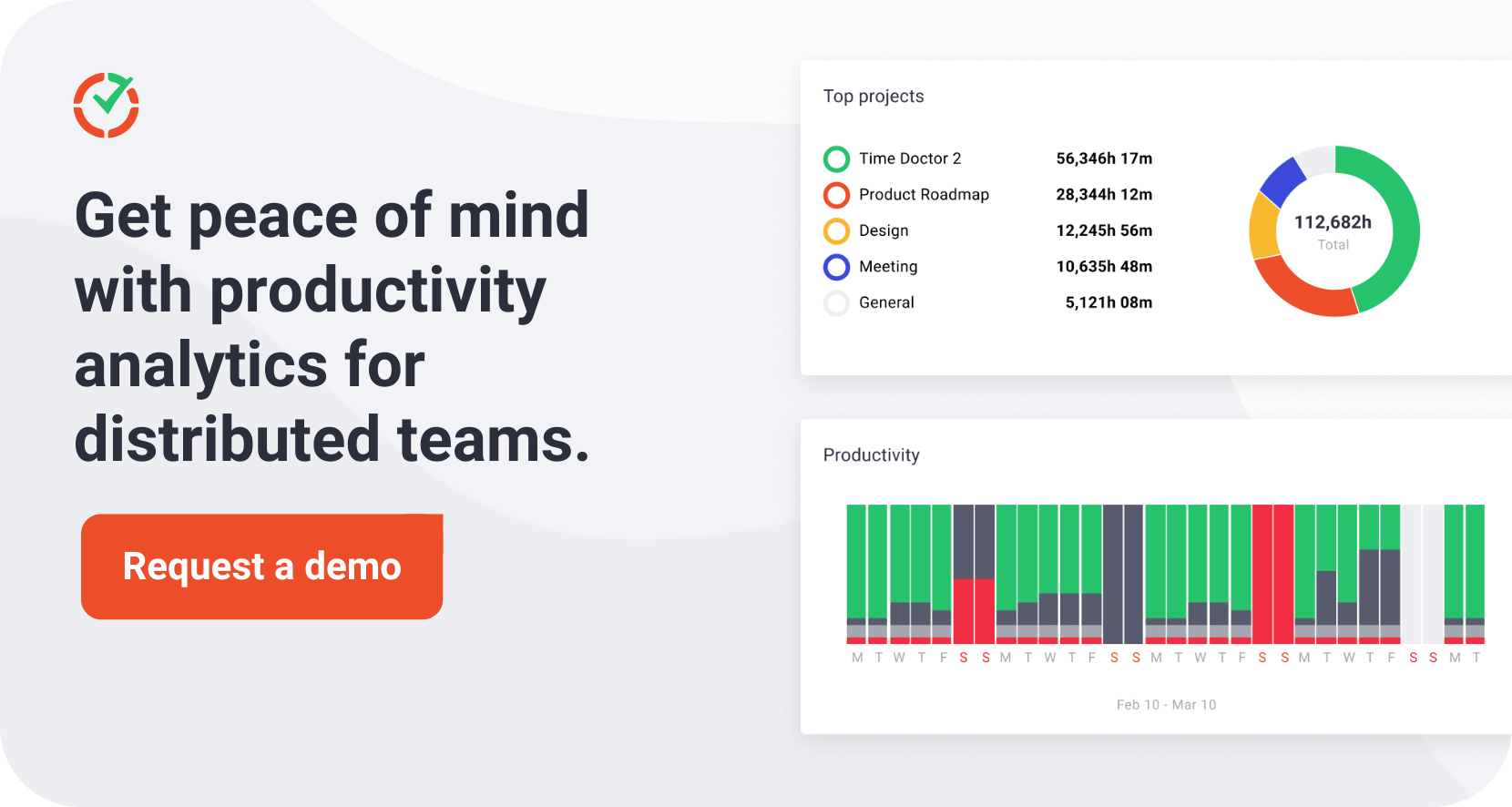Success in today’s competitive business environment depends upon your understanding and talent to leverage operational key performance indicators (KPIs). A transparent picture of an organization’s efficiency, productivity and overall performance will be obtained by closely monitoring these KPIs. Nonetheless, firms often face significant obstacles on this pursuit. This text discusses common problems encountered when monitoring operational KPIs and uses real-world success stories to offer practical strategies and tools to beat these barriers.
Common challenges in measuring operational KPIs
- Data quality: Incomplete, inconsistent and inaccurate data can significantly skew KPI measures, leading to business decisions based on unreliable information.
- The importance of KPIs: That is one other pressing concern. Concentration on the incorrect areas may result from the choice of measures that deviate from the corporate’s current goals or from the dearth of updating them within the event of a change in strategy.
- Risk of specializing in the incorrect indicators: Firms may give attention to measures that appear impressive or easy to observe but don’t actually help them achieve their strategic goals. This may occasionally divert resources from more essential areas.
These difficulties have the potential to scale back the usefulness of KPIs, which might ultimately impact strategic decision-making and business success.
Solutions to beat measurement challenges
To beat these challenges, firms can implement various tactics:
- Ensuring top quality data collection and evaluation: Data reliability and accuracy will be significantly improved by implementing robust data management procedures, reminiscent of frequent audits.
- Selecting the correct KPIs: KPIs must be closely linked to strategic goals and their current relevance must be reviewed frequently. Involving stakeholders on this approach helps promote alignment across the corporate and provides insightful information.
- Avoid common pitfalls: Educate teams on the worth of specializing in KPIs moderately than surface measures which have a direct impact on strategic goals and operational progress.
The role of technology in supporting KPI measurement
Modern technology solutions play a key role in simplifying and improving the accuracy of KPI tracking:
- Automated tools for data collection and evaluation: Technologies reminiscent of artificial intelligence and machine learning can automate data collection and evaluation, reducing human error and bias.
- Panels and reporting tools: These solutions provide real-time access to KPIs, enabling timely decisions and adjustments.
- Cloud-based platforms: Cloud technology facilitates seamless data integration and availability, ensuring KPI measurements are based on comprehensive and up-to-date information.
Application
Overcoming the difficulties of assessing operational KPIs is a strategic need and a technological endeavor. Firms can be sure that their KPIs appropriately reflect their performance and drive it towards strategic goals by emphasizing high-quality data and relevant metrics and leveraging technology.
In today’s dynamic corporate world, maintaining operational excellence and gaining a competitive advantage requires constant innovation and adaptation of measurement techniques.

Andy is a technology and marketing leader who has delivered award-winning and world-first experiences.
